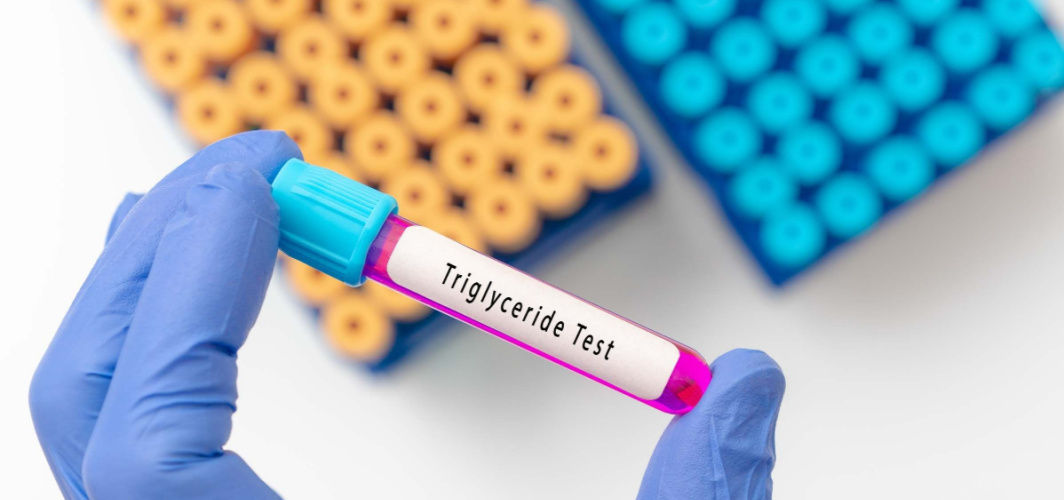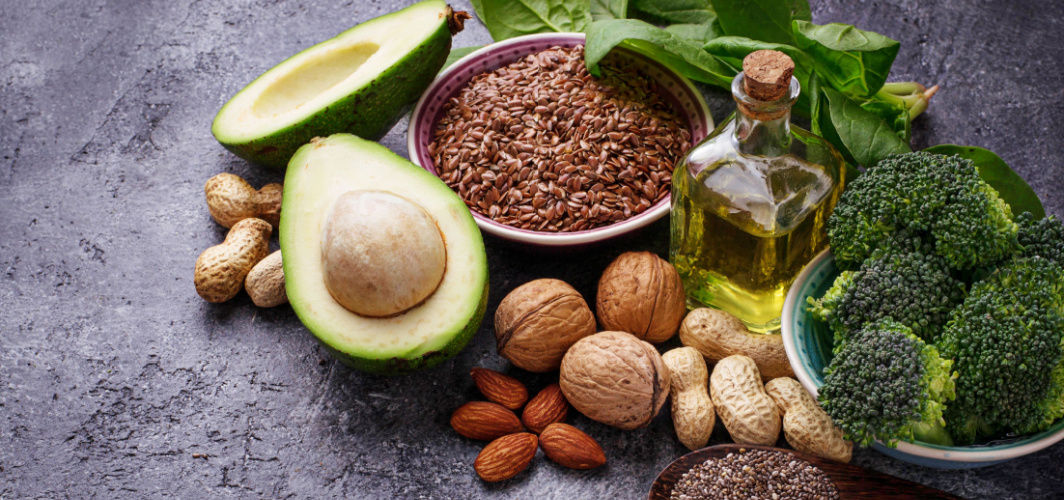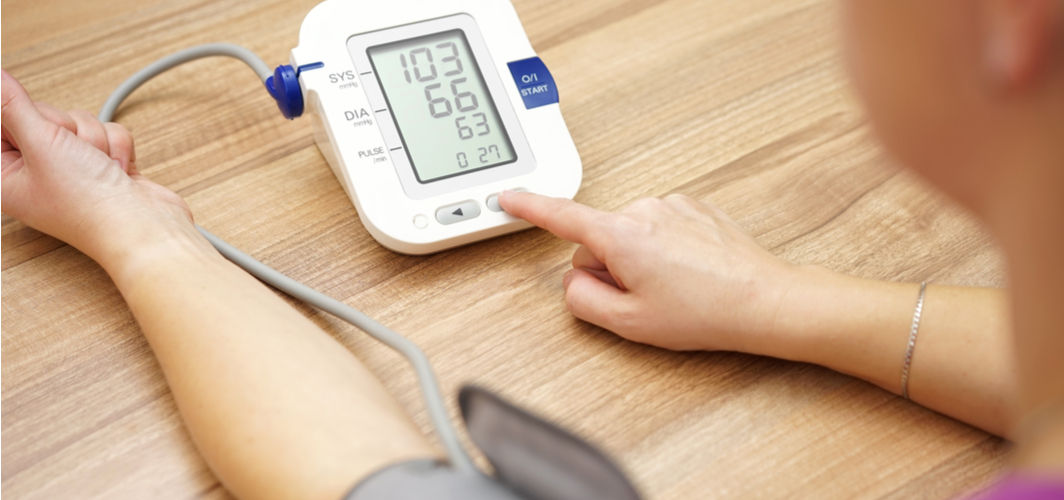Heart Conditions
7-Day Diet to Lower Triglycerides Naturally
6 min read
By Apollo 24|7, Published on - 14 June 2023, Updated on - 17 September 2023
Share this article
0
12 likes

Triglycerides, a type of fat found in our body, have gained increasing attention worldwide due to their impact on cardiovascular health. As unhealthy dietary habits, sedentary lifestyles, and obesity rates continue to rise, the prevalence of elevated triglyceride levels has become a significant global health concern. To combat this, we have prepared a 7-day meal plan specifically designed to lower triglycerides while providing guidance on nutrition, food choices, and different diet types. By implementing these recommendations, individuals can proactively manage their triglyceride levels and promote overall health and well-being.
NOTE: You Must Consult Your Doctor/Dietician Before Trying Any New Diet.
What are Triglycerides in Blood?
Triglycerides are a common type of fat found in the blood that is stored by the body for later use. Though the function of triglycerides is to provide energy, high levels can raise the risk of insulin resistance, obesity, pancreatitis, type 2 diabetes, and cardiovascular disease. Maintaining healthy triglyceride levels is important to reduce the chances of developing these health problems. One can check their triglyceride levels with a lipid profile test.
To know your triglyceride levels, Book Apollo’s Lipid Profile Test
The triglyceride levels can be measured as:
- Borderline high: 150-199 mg/dL.
- High: 200-499 mg/dL.
- Very high: 500 mg/dL or above.
High triglyceride levels increase the risk of cardiovascular diseases, including heart attacks and strokes, significantly.
Also Read: High triglyceride levels and how it affects the heart
What Causes High Triglycerides?
Several factors can contribute to high triglyceride levels, including:
- A diet high in saturated fats and sugars
- Obesity
- Physical inactivity
- Excessive alcohol consumption
- Smoking
- Certain medical conditions such as diabetes and hypothyroidism
How to Reduce Triglycerides Naturally?
To reduce triglycerides naturally, it is important to adopt a healthy lifestyle, which includes:
- Consuming a balanced diet rich in fruits, vegetables, whole grains, lean proteins, and healthy fats
- Practising regular physical activity for at least 15 mins every day
- Weight management
- Avoiding excessive alcohol and sugary foods
- Quitting smoking
- Manage stress through meditation and yoga
How To Lower Triglycerides With Diet?
To manage triglyceride levels, focus on consuming the following foods:
- Oily fish, like salmon, as it is rich in omega-3 fatty acids
- Vegetables like leafy greens and green beans
- All seasonal fruits, mainly citrus fruits and berries
- Low-fat or fat-free dairy products such as cheese, yoghurt, and milk
- High-fibre whole grains like quinoa, barley, and brown rice
- Beans, nuts, and seeds that contain fibre and healthy unsaturated fats
You must also restrict alcohol intake and sugar consumption to no more than 10% of your total daily calorie intake. Carbohydrates should be kept to 50-60% or fewer of total daily calories, while dietary fat should be limited to 25-35%. Choose unsaturated fats from plant oils, nuts, and seeds over saturated and trans fats usually found in animal products and processed foods.
Diets To Lower Triglycerides
Certain diet types can help lower triglyceride levels. These include:
- Low carbohydrate diet: Avoid refined carbohydrates and opt for high-fibre carbs like vegetables, beans, and whole grains.
- High-fibre diet: Increasing dietary fibre intake slows down the absorption of fat and sugar, thereby reducing triglyceride levels.
- Oily fish: Consuming fish high in omega-3 fatty acids, such as salmon, tuna, sardines, and mackerel, can help lower triglycerides.
- Vegetarian diet: While not directly linked to lower triglycerides, a well-planned vegetarian diet can benefit overall health.
7-day Diet to Lower Triglycerides
Here is a 7-day diet plan to lower triglycerides naturally. Remember to adapt the plan according to your individual calorie and nutritional needs. If you have a pre-existing medical condition, it is advised to consult with your doctor before changing your diet.
Breakfast |
Lunch |
Dinner |
|
Day 1 |
Vegetable Oats with Almonds |
Grilled Chicken Breast with Quinoa / Lentil with brown rice |
Grilled Fish or Paneer with Steamed Vegetables |
Day 2 |
Vegetable Upma |
Mixed Vegetable Curry with Quinoa or Brown rice |
Palak Paneer with Brown Rice |
Day 3 |
Vegetable Poha with Walnuts |
Lentil Soup with Whole Grain Bread |
Tofu Stir-fry with Brown Rice |
Day 4 |
Fruit and Yogurt Parfait |
Chickpea Salad with Avocado |
Baked Chicken with Roasted Vegetables |
Day 5 |
Spinach and Mushroom Omelette |
Grilled Vegetable Wrap with Salad |
Lentil Dal with Whole Wheat Roti |
Day 6 |
Berry Smoothie Bowl/ Beetroot Yoghurt |
Quinoa Salad with Grilled Shrimp/Tossed salad with Cottage Cheese |
Vegetable Biryani with Raita |
Day 7 |
Scrambled Eggs with Whole Grain Toast |
Greek Salad with Grilled Chicken/ Cottage Cheese |
Vegetable Stir-fry with Tofu/Soya chunk |
Other Ways to Lower Triglycerides
In addition to making dietary changes, there are other effective strategies you can incorporate into your routine to help lower triglyceride levels:
1. Exercise Regularly
Engaging in regular aerobic exercises, such as jogging, cycling, or swimming, can have a positive impact on triglyceride levels. Perform at least one hour of moderate-intensity exercise per day as it helps increase the production of enzymes that break down triglycerides and promote overall cardiovascular health.
2. Consider Taking Supplements
Discussing the use of certain supplements with your doctor may be beneficial in managing triglyceride levels. Some supplements that have shown potential in reducing triglycerides include curcumin, fish oil, fenugreek, guggul, and garlic extract. However, it's important to consult with your doctor before you start any new supplements, as they can interact with medications or have potential side effects.
Takeaway
To sum it up, lowering triglycerides can be achieved through dietary modifications, regular exercise, and, in some cases, supplements. Following a healthy meal plan, like the 7-day plan provided, along with other lifestyle changes, can help manage triglyceride levels and promote overall health. Remember to consult with a healthcare professional for personalized advice and guidance.
FAQs
Q. Can high triglycerides have long-term effects on health?
If left untreated or uncontrolled, high blood triglycerides can significantly increase the risk of serious complications such as coronary heart disease and stroke.
Q. Are triglyceride levels of 250 considered dangerous?
Triglyceride levels below 150 milligrams per deciliter (mg/dL) are generally considered healthy. Triglyceride levels between 150-199 mg/dL are classified as mild, while those between 200-499 mg/dL are considered moderate. Elevated triglyceride levels can lead to health issues such as fatty liver disease, heart disease, and stroke.
Q. Can high triglycerides cause liver damage?
Triglyceride levels exceeding 150 mg/dL can contribute to the development of fatty liver disease, which may not exhibit noticeable symptoms but can potentially progress to liver failure.
Q. How can I effectively lower my triglyceride levels?
Reducing saturated fat (found in red meat and full-fat dairy products) and avoiding trans fats (present in fried foods and prepared baked goods) can help lower triglyceride levels. Opting for nutritious carbohydrates is also beneficial.
Q. How long does it take to lower triglyceride levels?
It can take several months to a year to achieve significant results. Choose aerobic activities that you enjoy and are suitable for your age, such as walking, cycling, swimming, jogging or dancing to help lower triglyceride levels.
Medically reviewed by Dr. Sonia Bhatt.
Heart Conditions
Leave Comment
Recommended for you

Heart Conditions
The Coffee & Heart Connection: Is It Good or Bad?
There may be numerous benefits of drinking coffee but like everything else, it too comes with some side effects and risks. This article highlights the benefits and side effects of coffee on your heart.

Heart Conditions
Keep Your Heart Healthy Naturally With These 5 Home Essentials
Our heart needs to work optimally to help it engage in all kinds of activities and hobbies. 5 essential ingredients/foods that help in maintaining and improving heart health include fatty fish, nuts and seeds, green leafy vegetables, olive oil, and avocados.

Heart Conditions
Why You Should Regularly Check Your Blood Pressure at Home
Both high and low blood pressure can be extremely dangerous and can result in serious health consequences. Therefore, it is crucial to monitor blood pressure frequently.
Subscribe
Sign up for our free Health Library Daily Newsletter
Get doctor-approved health tips, news, and more.
Visual Stories

Can Processed Meat Increase the Risk of Chronic Diseases?
Tap to continue exploring
Recommended for you

Heart Conditions
The Coffee & Heart Connection: Is It Good or Bad?
There may be numerous benefits of drinking coffee but like everything else, it too comes with some side effects and risks. This article highlights the benefits and side effects of coffee on your heart.

Heart Conditions
Keep Your Heart Healthy Naturally With These 5 Home Essentials
Our heart needs to work optimally to help it engage in all kinds of activities and hobbies. 5 essential ingredients/foods that help in maintaining and improving heart health include fatty fish, nuts and seeds, green leafy vegetables, olive oil, and avocados.

Heart Conditions
Why You Should Regularly Check Your Blood Pressure at Home
Both high and low blood pressure can be extremely dangerous and can result in serious health consequences. Therefore, it is crucial to monitor blood pressure frequently.